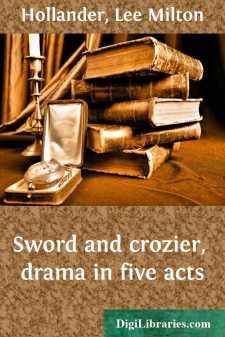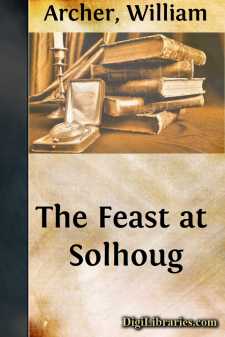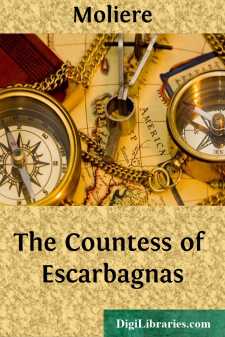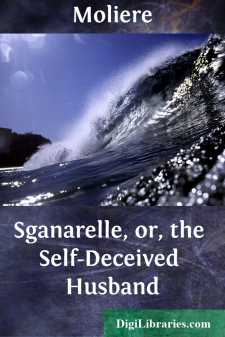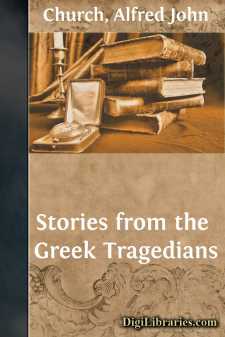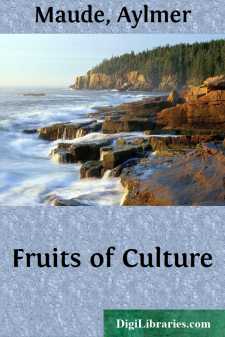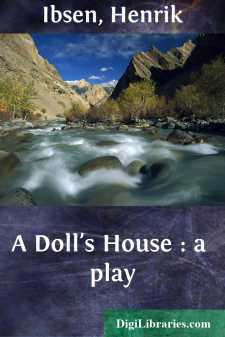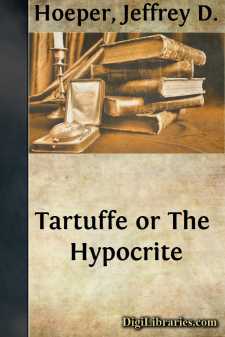Drama
- American 43
- Ancient, Classical & Medieval 45
- Asian 7
- Caribbean & Latin American 2
- Continental European
- English, Irish, Scottish, Welsh 91
- General 105
- Middle Eastern 1
- Religious & Liturgical 1
- Shakespeare 1
Continental European Books
Sort by:
ACT I SCENE I (So-called 'Little Hall' in BRAND'S manor-house at Reynistad. Enter the DEACON SIGURD, THOROLF BJARNASON, ALF OF GROF, and EINAR THE RICH, of Vik.) Deacon Sigurd.—Thorolf, Lady Jorun bade you wait here until her husband comes. Thorolf.—Where is Brand Kolbeinsson? I bear a message for him from my Lord Kolbein the Young. Sigurd.—Why comes he not himself? Alf.—Kolbein...
more...
by:
William Archer
INTRODUCTION* Exactly a year after the production of Lady Inger of Ostrat—that is to say on the "Foundation Day" of the Bergen Theatre, January 2, 1866—The Feast at Solhoug was produced. The poet himself has written its history in full in the Preface to the second edition. The only comment that need be made upon his rejoinder to his critics has been made, with perfect fairness as it seems...
more...
by:
Moliere
SCENE I.—JULIA, THE VISCOUNT. Visc. What! you are here already? Ju. Yes, and you ought to be ashamed of yourself, Cléante; it is not right for a lover to be the last to come to the rendezvous. Visc. I should have been here long ago if there were no importunate people in the world. I was stopped on my way by an old bore of rank, who asked me news of the court, merely to be able himself to detail to...
more...
by:
Moliere
This play seems to have induced several English playwrights to imitate it. First, we have Sir William D'Avenant's The Playhouse to be Let, of which the date of the first performance is uncertain. According to the Biographia Britannica, it was "a very singular entertainment, composed of five acts, each being a distinct performance. The first act is introductory, shows the distress of the...
more...
ACT THE FIRST. BALDER and THOR are seated upon stones at some distance from each other. Both are armed—THOR with his hammer, and BALDER with spear and sword. BALDER. Land whose proud and rocky bosomBraves the sky continually! THOR. Where should strength and valour blossom,Land of rocks, if not in thee? BALDER. Odin’s shafts of ruddy levinBack from thy hard sides are driven;Never sun thy...
more...
by:
Alexander Dyce
THE TRAGICAL HISTORY OF DOCTOR FAUSTUS FROM THE QUARTO OF 1616. Enter CHORUS. CHORUS. Not marching in the fields of Thrasymene,Where Mars did mate the warlike Carthagens;Nor sporting in the dalliance of love,In courts of kings where state is overturn'd;Nor in the pomp of proud audacious deeds,Intends our Muse to vaunt her heavenly verse:Only this, gentles,—we must now performThe form of...
more...
The Story Of The Love Of Alcestis. Asclepius, the son of Apollo, being a mighty physician, raised men from the dead. But Zeus was wroth that a man should have such power, and so make of no effect the ordinance of the Gods. Wherefore he smote Asclepius with a thunderbolt and slew him. And when Apollo knew this, he slew the Cyclopés that had made the thunderbolts for his father Zeus, for men say that...
more...
by:
Aylmer Maude
CHARACTERS LEONÍD FYÓDORITCH ZVEZDÍNTSEF. A retired Lieutenant of the Horse Guards. Owner of more than 60,000 acres of land in various provinces. A fresh-looking, bland, agreeable gentleman of 60. Believes in Spiritualism, and likes to astonish people with his wonderful stories. ANNA PÁVLOVNA ZVEZDÍNTSEVA. Wife of LeonÃd. Stout; pretends to be young; quite taken up with the conventionalities...
more...
by:
Henrik Ibsen
ACT I [SCENE.--A room furnished comfortably and tastefully, but not extravagantly. At the back, a door to the right leads to the entrance-hall, another to the left leads to Helmer's study. Between the doors stands a piano. In the middle of the left-hand wall is a door, and beyond it a window. Near the window are a round table, arm-chairs and a small sofa. In the right-hand wall, at the farther...
more...
ACT ISCENE I Madame Pernelle and her servant Flipote, Elmire, Mariane, Dorine, Damis, Cleante Mme. Pernelle. Let's go, Flipote, let's go. I hate this place. Elmire. I can't keep up, you rush at such a pace. Mme. Pernelle. Peace, my dear, peace; come no farther.I don't wish to cause you any bother. Elmire. What duty demands, I insist on giving.But, mother, what has caused...
more...


